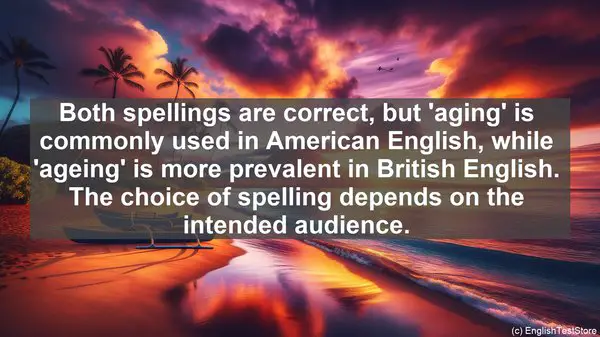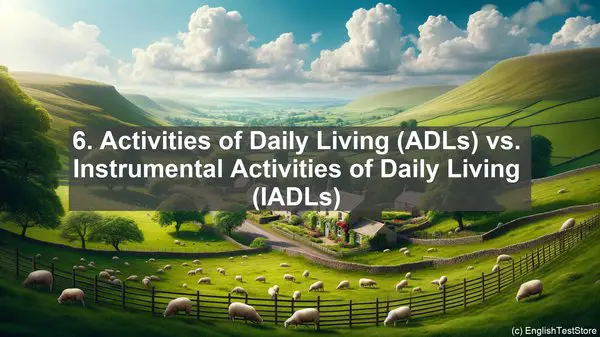Introduction to Gerontology
Today, we delve into the fascinating field of gerontology. As you explore this subject, you’ll come across numerous terms. However, some words often cause confusion. Let’s shed light on the top 10 commonly confused words in gerontology.
1. Geriatrics vs. Gerontology
Many use ‘geriatrics’ and ‘gerontology’ interchangeably, but they have distinct meanings. Geriatrics focuses on medical care for elderly individuals, while gerontology encompasses a broader study of aging, including social, psychological, and biological aspects.

2. Dementia vs. Alzheimer’s
Dementia is an umbrella term for cognitive decline, while Alzheimer’s is a specific type of dementia. Not all dementia cases are Alzheimer’s, but it’s the most common form, accounting for 60-80% of cases.
3. Aging vs. Ageing
Both spellings are correct, but ‘aging’ is commonly used in American English, while ‘ageing’ is more prevalent in British English. The choice of spelling depends on the intended audience.
4. Life Expectancy vs. Lifespan
Life expectancy refers to the average number of years a person is expected to live, while lifespan indicates the maximum potential length of life. Factors like genetics, lifestyle, and healthcare influence both.
5. Palliative Care vs. Hospice Care
Palliative care aims to improve the quality of life for individuals with serious illnesses, focusing on pain management and symptom relief. Hospice care, on the other hand, is specifically for those in the final stages of life, providing comfort and support.
6. Activities of Daily Living (ADLs) vs. Instrumental Activities of Daily Living (IADLs)
ADLs refer to basic self-care tasks like eating and bathing, while IADLs encompass more complex activities like managing finances and transportation. Assessing a person’s ability to perform these tasks helps determine their level of independence.
7. Elder Abuse vs. Neglect
Elder abuse involves intentional harm, be it physical, emotional, or financial, inflicted on an older person. Neglect, on the other hand, refers to the failure to provide necessary care, resulting in harm.
8. Polypharmacy vs. Medication Mismanagement
Polypharmacy refers to the use of multiple medications, which can be necessary but also increase the risk of adverse effects. Medication mismanagement, however, refers to errors in prescribing, administering, or monitoring medications.

9. Ageism vs. Age Discrimination
Ageism is a broader term, encompassing negative stereotypes, prejudice, and discrimination based on age. Age discrimination specifically refers to treating someone unfairly due to their age, often in employment or healthcare settings.
10. Social Isolation vs. Loneliness
While related, these terms have distinct meanings. Social isolation refers to a lack of social contact or involvement, while loneliness is the subjective feeling of being alone or disconnected, even if surrounded by others.
